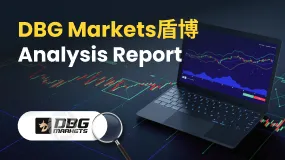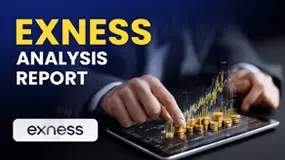Abstract:Wedbush Securities, Inc. violated Regulation SHO Rules 204(a), (b), and (c) and FINRA Rule 2010 by failing to timely close out 2,056 fail-to-deliver positions as required by Rule 204(a), failing to place securities in the "penalty box" as required by Rule 204(b), and failing to comply with the notice requirement of Rule 204(c).

The Financial Industry Regulatory Authority (FINRA) penalized Wedbush Securities for suspected Regulation SHO breaches.
Wedbush Securities, Inc. violated Regulation SHO Rules 204(a), (b), and (c) and FINRA Rule 2010 by failing to timely close out approximately 2,056 fail-to-deliver positions as required by Rule 204(a), and on approximately 390 occasions failing to place securities in the “penalty box” as required by Rule 204(b) and failing to comply with the notice requirement of Ru (c).

The Securities and Exchange Commission enacted Regulation SHO to address concerns about frequent failures to deliver and possibly abusive “naked” short selling, i.e., the sale of securities that an investor does not own or has not borrowed.
Regulation SHO sets various obligations on broker-dealers in the sale of equities securities in order to enhance market stability, maintain investor trust, and boost short-sale transparency. These requirements include Regulation SHO Rule 204(a close-out )'s provisions, Rule 204(b) penalty box's provision, which restricts short selling in securities when the close-out requirement is not met unless the broker-dealer borrows or arranges to borrow the security, and Rule 204(notice )'s provision, which requires a firm to provide written notice to any customer for whom the firm clears and settles trades when it enters and leaves the penalty box.
Failure to deliver (FTD) happens when a seller fails to deliver securities to the buyer when delivery is due.
When Wedbush experienced an FTD, the firm's automated system sought to detect the FTD and borrow or recall shares to close it out. If the automated method failed to acquire the shares, company personnel were needed to borrow, recall, or purchase shares to complete the FTD. Business personnel, on the other hand, failed to properly recall shares that had been out on loan or to perform buy-ins when the firm began a stock loan recall but did not receive the shares in time to send them to the Continuous Net Settlement System (“CNS”).
During the relevant periods, the company failed to close down approximately 2,056 FTD holdings on time owing to the firm's failure to promptly borrow shares, recall shares that were out on loan, or otherwise purchase and deliver shares in line with Rule 204. (a).
Furthermore, between January 1, 2016, and July 31, 2020, the firm failed to place a security in which it had failed to obtain a close-out into the penalty box, as required by Regulation SHO Rule 204(b), and to send a notice that the firm had a position in any equity security that had not been closed out, as required by Regulation SHO Rule 204. (c).
As a result, the respondent breached Regulation SHO Rules 204(a), (b), and (c), as well as FINRA Rule 2010.
During the relevant years, the firm also violated FINRA Rules 3110 and 2010 by failing to develop and maintain a supervisory system, including documented supervisory procedures, reasonably tailored to achieve compliance with Regulation SHO Rules 204(a) and 204(b) (c).
The company has consented to a censure and a $900,000 punishment (of which $450,000 will be allocated to FINRA).
WikiFX Facts
WikiFX is a worldwide corporate financial information search engine. Its primary duty is to give basic information searching, regulatory license seeking, the credit assessment, platform identification, and other services to the included foreign exchange trading firms.

The portal lists approximately 39,000 brokers, both legal and unregistered. WikiFX's staff has been working hard with 30 financial regulators from across the world to guarantee that the information supplied is factual and correct.
Stay tuned for more Regulatory News.
Download the WikiFX App from the App Store or Google Play Store.













